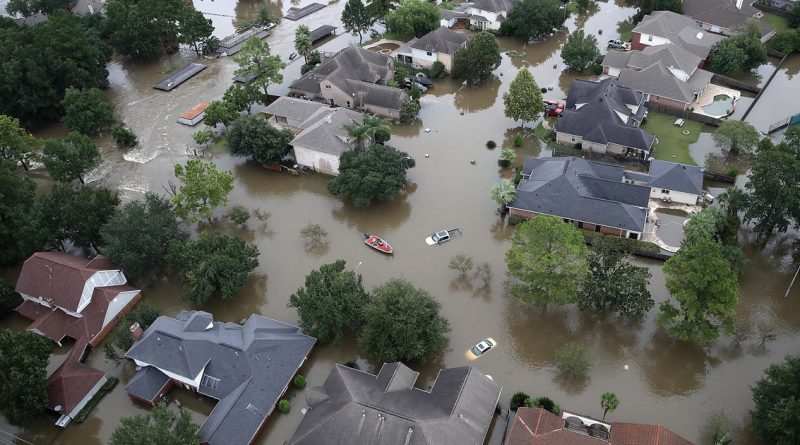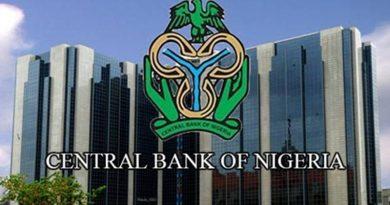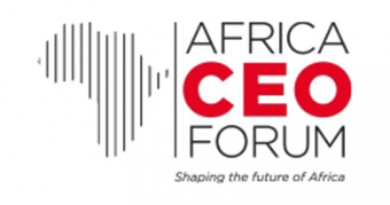Nigeria gets £10m Risk Sharing Backstop Facility (RSBF) for climate aligned projects
InfraCredit and FSDAi invests £10k in a Risk Sharing Backstop Facility that would enable local currency funding for the construction of sustainable infrastructure in Nigeria. By encouraging local institutional investment through bonds into potential early-stage or greenfield climate-aligned infrastructure projects, the Risk Sharing Backstop Facility (RSBF) will solve the issue of low credit enhancement.
The facility will assist Nigeria in accelerating its social and economic growth, making the transition to a green economy, and meeting its climate targets by making financing for “climate-aligned” infrastructure projects more readily available.
FSDAi is thrilled to be making this £10 million investment in cooperation with InfraCredit, a recognized leader in the sustainable infrastructure sector, with support from the UK International Development through the Foreign, Commonwealth and Development Office (FCDO).
The breadth and diversity of projects this facility will support are shown by InfraCredit is current investments and project pipeline, which include projects like distributed renewable energy services for urban residences, commercial and industrial renewable projects, edge-certified green housing, and e-mobility infrastructure.
Risk Sharing Backstop Facility – RSBF
The RSBF plans to gather money in stages, first from FSDAi and then from additional funders, with the goal of achieving a total capital base of up to US$50 million.As a result, this investment supports one of FSD Africa’s main goals, which is to expand capital markets by removing systemic barriers.
“This investment further demonstrates the UK’s commitment and contribution to Nigeria’s transition to clean energy and builds on decades of UK leadership in mobilizing support for climate-related infrastructure challenges,” said James Cleverly, MP, the foreign secretary of the UK.
I am confident that InfraCredit will continue to expand and mobilize even more private sector financing to invest in better, greener infrastructure, similar to the achievements of British International Investment (BII) and our Private Infrastructure Development Group (PIDG).
FSDAi’s partnership with InfraCredit on the bridge-to-bond facility introduces a derisking financing solution to mobilize short- and medium-term local institutional investment into critically needed infrastructure projects that are currently thought to be unbankable without alternative credit enhancement, according to Anne-Marie FSD Africa Investments’ chief investment officer. “Moreover, this facility comes as a timely and much-needed intervention for Nigeria’s infrastructure environment at a time when Africa’s economies are struggling to raise financing to undertake important climate mitigation and sustainable power generating projects
“I am thrilled to work with FSD Africa Investments on an innovative facility which will support badly needed but underfinanced projects realise their ultimate goals and purpose,” stated Chinua Azubike, Chief Executive Officer of InfraCredit.
“Shrewd use of catalytic capital can dramatically increase the role of private capital and local intermediaries in investing in Nigeria’s sustainable infrastructure space and help the nation develop responses to the significant challenges which confront it, from the deteriorating environment and ecology to an unstable energy mix and severe social inequality,” says the report.
.




